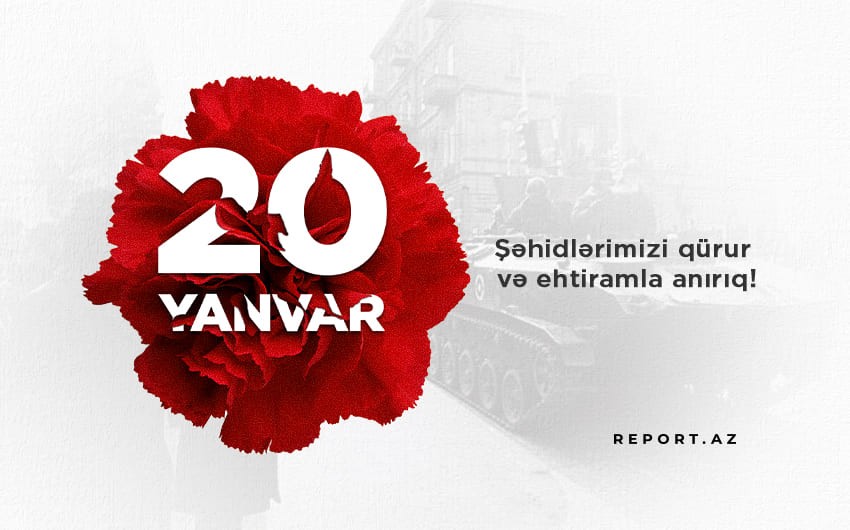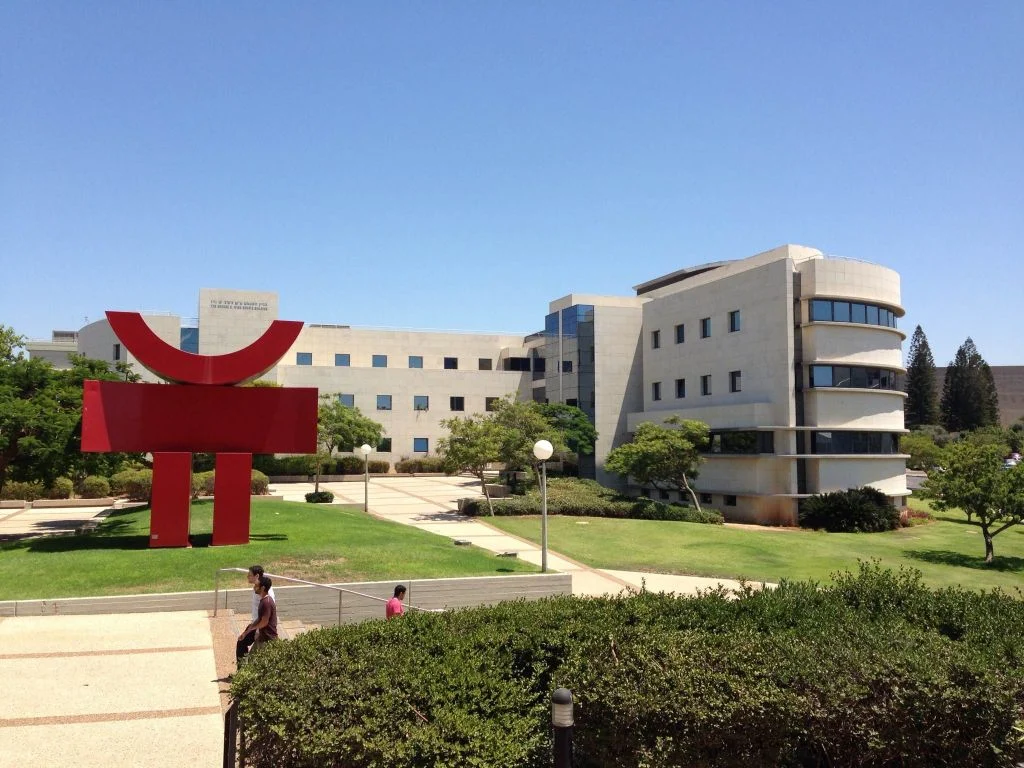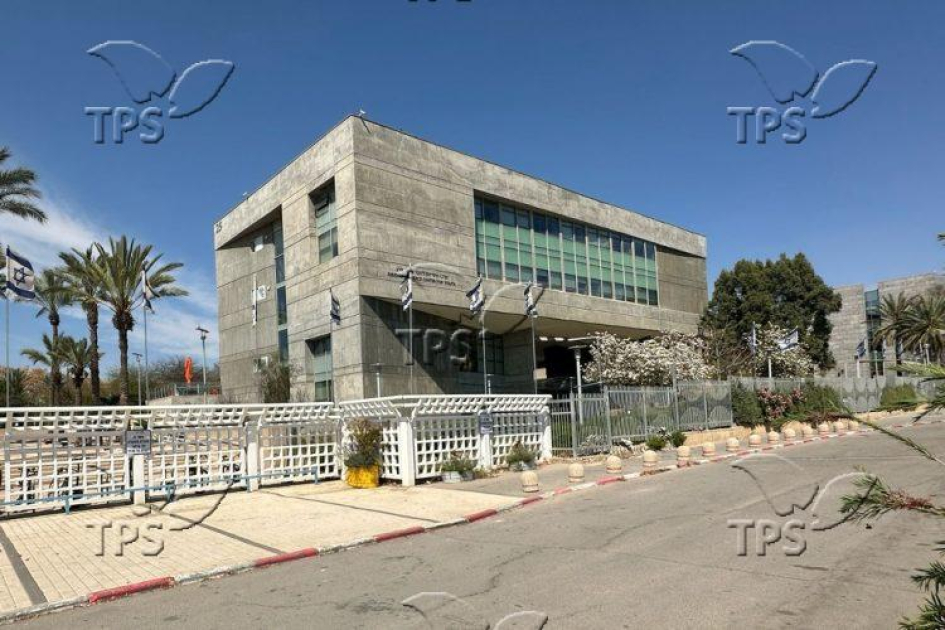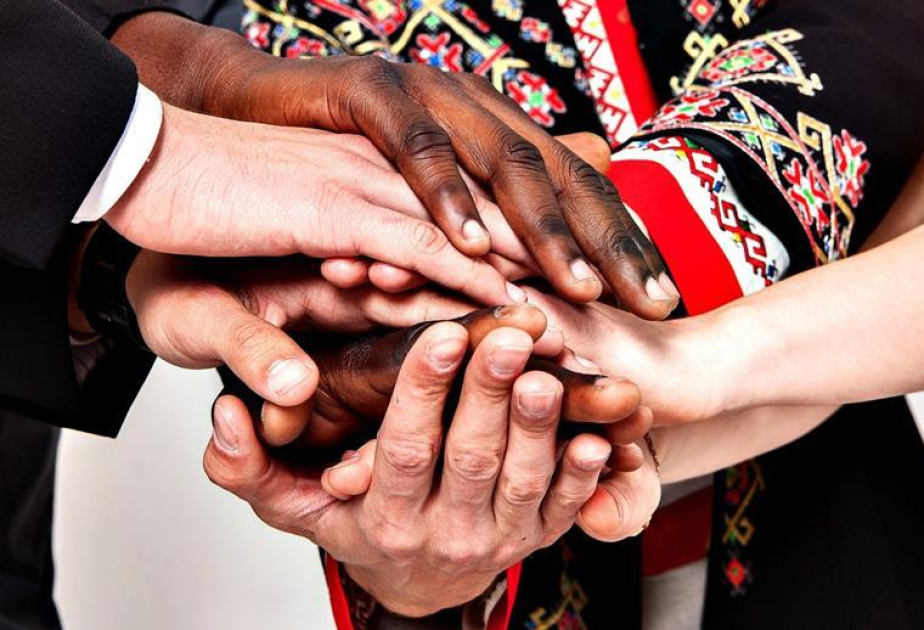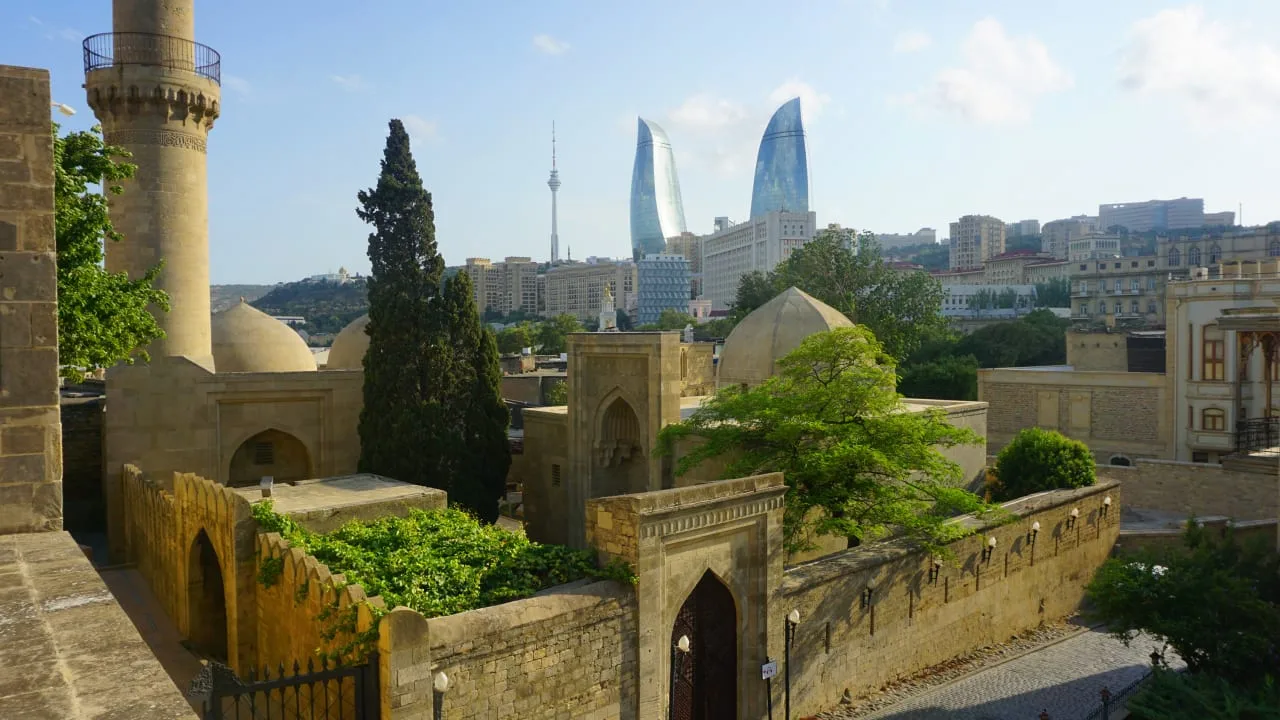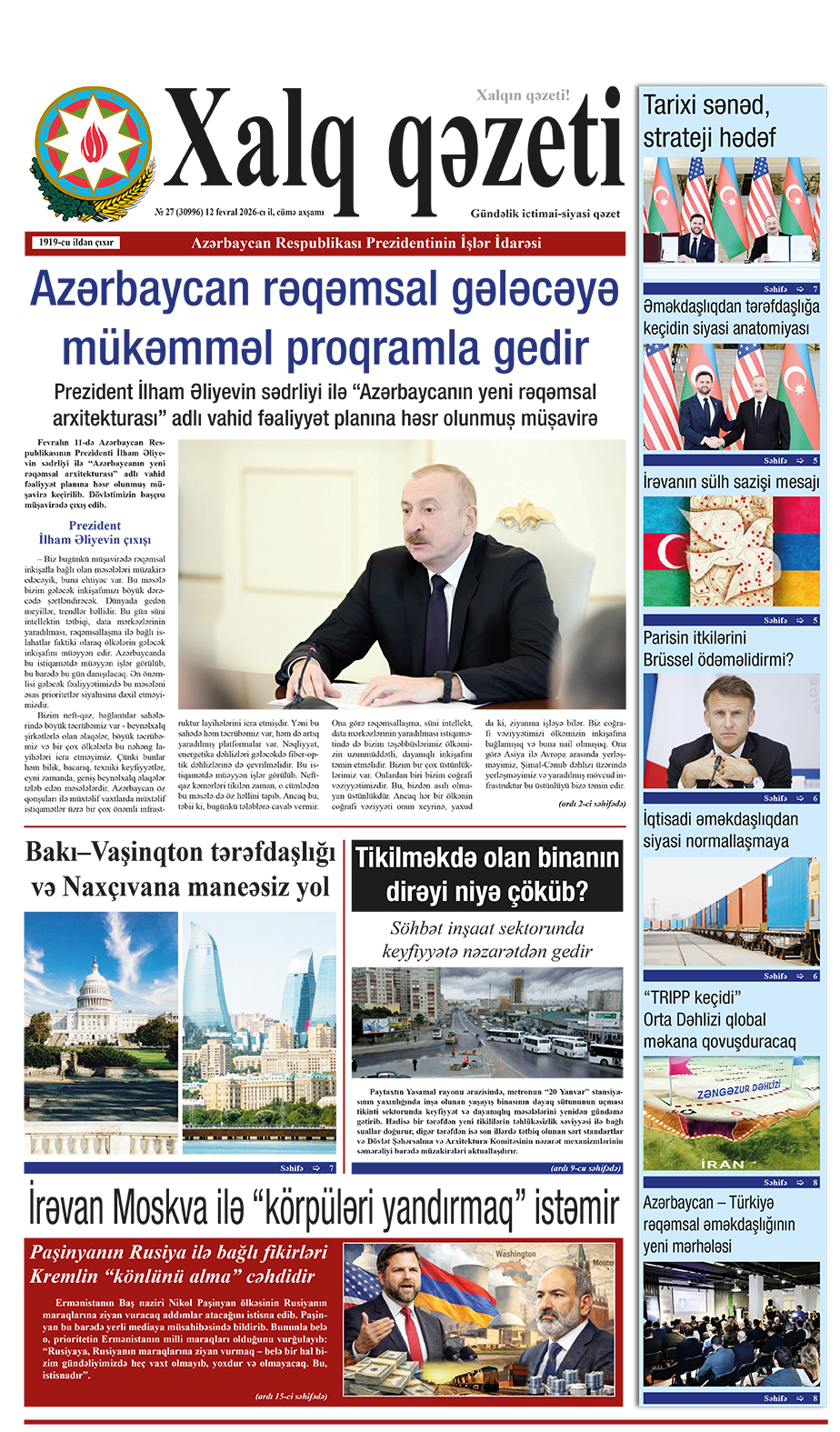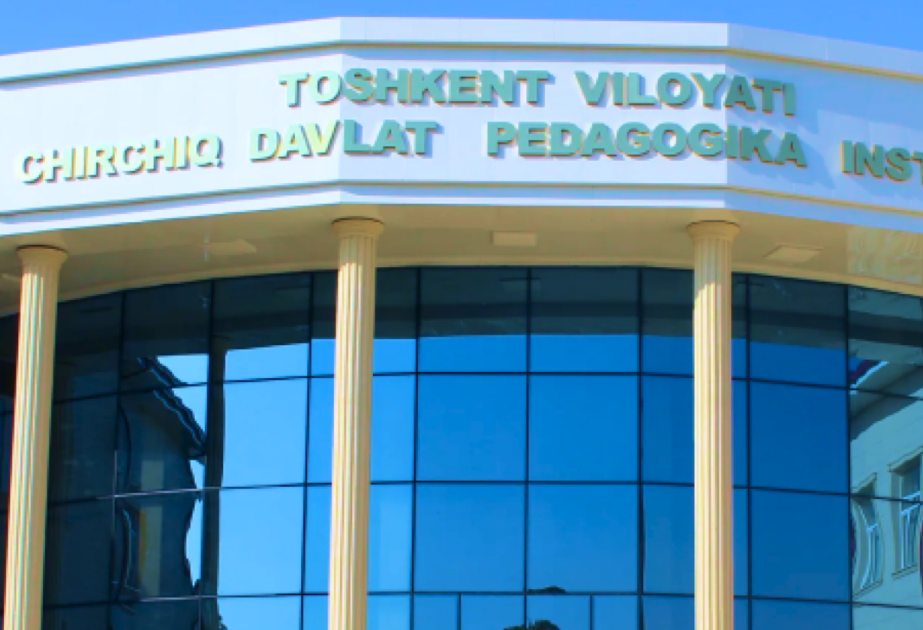34 years pass since Black January tragedy
Thirty-four years have passed since the events of January 20, 1990, which are went into history as the tragedy of 'Black January.'
The so-called Nagorno-Karabakh problem, which re-emerged in late 1987, was aimed at violating the territorial integrity of Azerbaijan, occupying its lands, and expelling hundreds of thousands of Azerbaijanis living in Armenia and Nagorno-Karabakh. This conflict between the two republics of the former Soviet Union was the next stage in the policy of ethnic cleansing and genocide against Azerbaijani people, as well as the consistent settlement of Armenians in Azerbaijan in the XIX–XX centuries.
The direct or indirect support of the USSR leadership to the territorial claims of the Armenian SSR, separatism instigated by radical Armenian nationalists, and mass violence against Azerbaijanis, as well as the criminal indecision of the then leaders of Azerbaijan and steps contrary to national interests, pushed the Azerbaijani people to stand up for the protection of the territorial integrity of their country. Thus, a broad-spectrum social movement emerged in Azerbaijan, and the course of the process laid the foundation for its gradual transformation into a national liberation movement.
On the night of January 19–20, 1990, under the direct orders of the General Secretary of the Central Committee of the Communist Party of the Soviet Union, Mikhail Gorbachev, troops of the Ministry of Defense, the State Security Committee, and the Ministry of Internal Affairs of the USSR entered Baku and several districts of Azerbaijan. Mass killings were carried out by firing from heavy equipment and various types of weapons. The occupation of Baku by special forces of the Soviet army and a large contingent of internal troops was accompanied by special cruelty and unprecedented brutality. Until the state of emergency was announced to the population, military personnel mercilessly killed 82 people and fatally wounded 20. After the declaration of a state of emergency, 21 people were killed in Baku within a few days. Eight more people were killed in districts and cities where the state of emergency was not declared—on January 25 in Neftchala and on January 26 in Lankaran.


